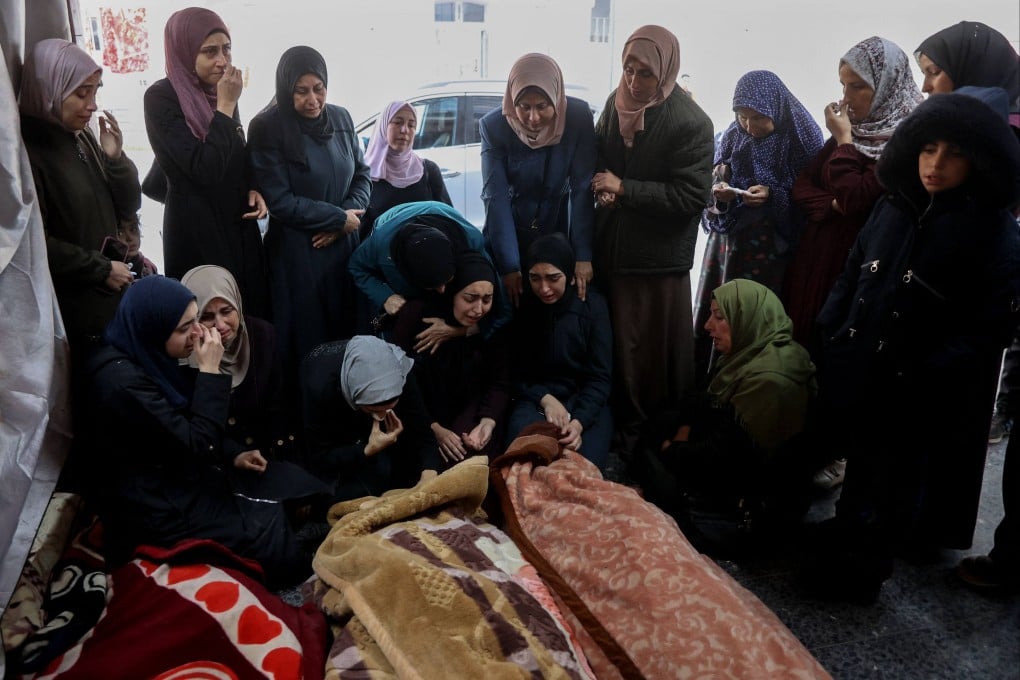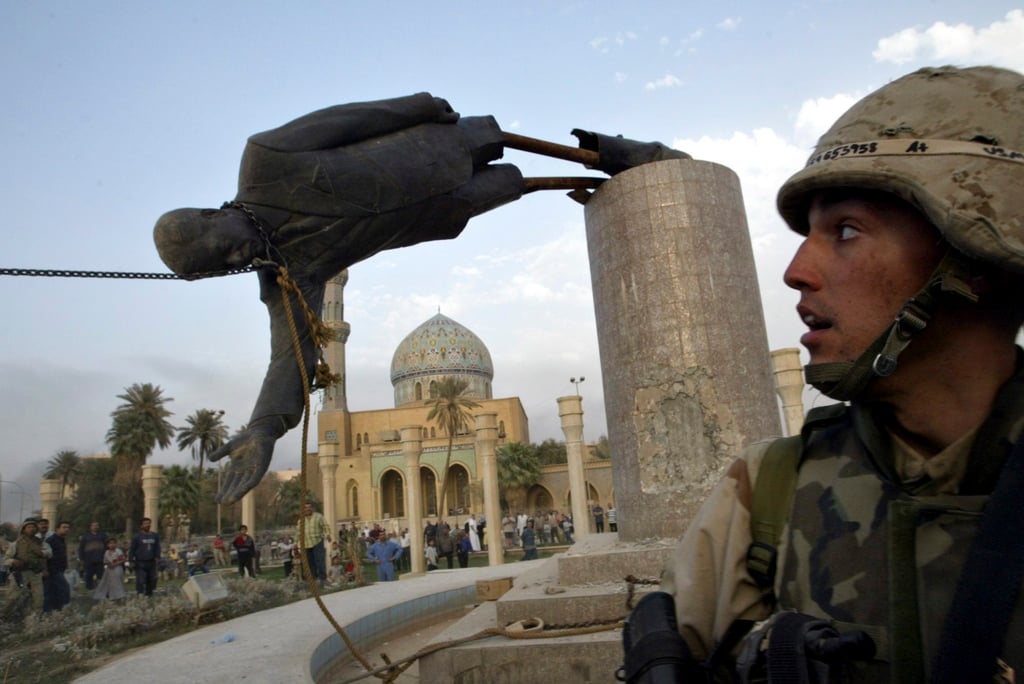Opinion | The West and the rest: how genocide in Gaza will usher in the end of ‘his-story’
The breach of international laws by the West has led non-Western countries to seek new global historical narratives and tell ‘our-stories’

This quest has been shaped by those seeking answers to fundamental questions linked to events in their past and how these events shaped the world today – a world that for the first time is mired in more conflicts than since the world wars, seemingly rooted in age-old animosities that are also linked to our shared colonial history.
This was premised on the belief that international laws would be strengthened so that might is not seen as right. The assumption was that these laws would be adhered to by major powers so that progress could be made towards creating a world united by common goals. This was shattered by the brazen breach of international laws that marked both invasions.
It proved to be a naive assumption as the West had, from centuries of dominance, become accustomed to seeing the world as its oyster. Thus, the first seeds of widespread doubt were sown about the sincerity of those nations that claimed to have moved away from the old ways and positioned themselves as the architects and guardians of a more peaceful and equitable world.
As a result, more non-Western communities now have a better understanding of their past and how their countries had been ruled and abused by colonial powers, including how their borders were re-created, which added to the challenges of becoming independent nations while striving to grow a viable economy for their impoverished people. Many of these countries failed initially and many continue to struggle; this is no simple exercise, especially in a world faced with existential threats.

